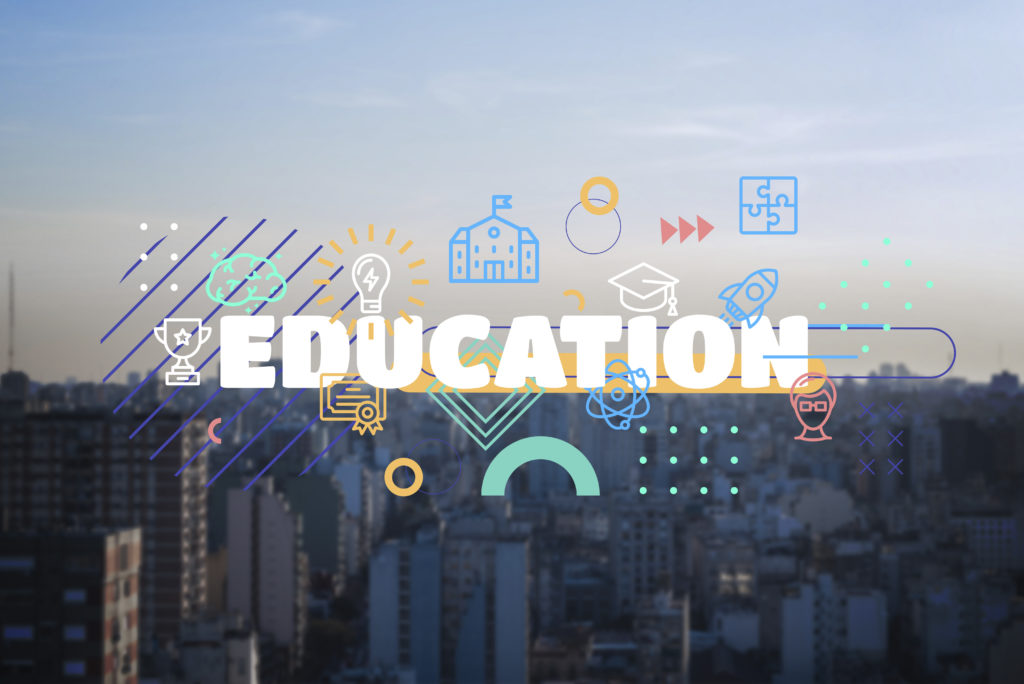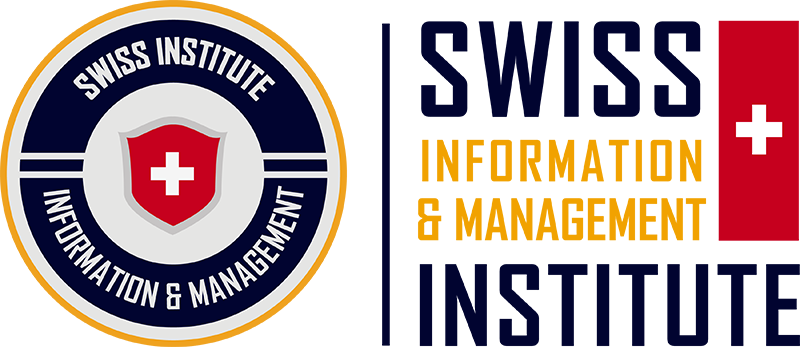The Power Of Education Quality Control To Learners
Education quality control is considered to be critical as education plays a pivotal role in shaping individuals and societies, and it is crucial to ensure that the quality remains consistently high. In the realm of higher education, maintaining robust quality control measures is essential. By maintaining control, institutions can enhance learning outcomes, boost student confidence, increase employability, and foster innovation in education.
This blog post explores the current situation of higher education, delves into the necessity for education quality control, highlights the benefits it brings to learners, and examines a prime example of successful implementation at The Swiss Institute of Management and Innovation (SIMI).
The Current Situation of Higher Education in AI Outbreak
It is an excellent opportunity to pursue the learning path to higher education, not only at your local but international universities. Thus, there are still some challenges that impact the quality of learning which should imply quality control.
One challenge is the need to keep curricula updated amidst rapid technological advancements. Education quality control ensures that programs remain relevant and aligned with industry needs, incorporating emerging trends and technologies. Another challenge is catering to diverse learners’ needs while maintaining consistent standards. As a matter of fact, quality control helps create inclusive student learning environments by evaluating teaching methods, ensuring accessibility, and providing fair assessments.

The demand for online and distance learning also presents challenges to education quality. In maintaining the integrity and rigour of online programs, it is crucial for the learning experience of learners to maintain the same quality. It is recommended that institutions should imply more with guidelines, monitors digital resources and platforms, and ensures valid assessments. One of the solutions we could mention here is implementing education quality control.
The Necessity for Education Quality Control
By implementing quality control measures, institutions can uphold consistent standards across traditional and online learning modalities, providing learners with high-quality educational experiences. Since the AI outbreaks happened worldwide, the latest technology has been applied to many industries, including education of teaching and learning methods.

By implementing rigorous quality control measures, educational institutions can achieve the following:
- Ensuring Credibility and Reputation: Education quality control standards serve as a benchmark for maintaining credibility and reputation. Institutions that adhere to these standards are more likely to attract students, build trust among stakeholders, and foster a favourable educational ecosystem.
- Enhancing Learning Outcomes: Quality control mechanisms facilitate effective teaching and learning practices. By establishing robust evaluation methods, providing adequate learning resources, and promoting student engagement, institutions can significantly improve learning outcomes and enhance the overall educational experience.
- Fostering Innovation and Relevance: Educational institutions must continuously evolve to meet the needs of a dynamic world. Quality control measures encourage innovation by promoting the development of cutting-edge educational practices, incorporating emerging technologies, and adapting to the changing demands of learners and industries.
The Benefits of Quality Control to Learners
It is clear that quality control measures play a vital role in ensuring standards, relevance, inclusivity, and integrity in higher education, ultimately benefiting learners and promoting academic excellence.
Institutions that implement education quality control measures ensure that learners receive a high level of education that meets industry standards. The benefits of such quality-controlled education are numerous and impactful for students:
-
Education Quality Control Enhanced Employability
Quality-controlled education significantly improves learners’ job prospects. Employers value and recognize the credibility of a quality-controlled education, making learners who have undergone rigorous training and met specific standards more desirable in the job market. This expanded employability provides learners a wider range of career opportunities to explore and pursue.

-
Boosted Confidence and Motivation
When learners know they are receiving a high-quality education from reputable institutions, their confidence in their abilities grows. This confidence positively impacts their motivation to succeed, especially in fields like AI that demand cutting-edge knowledge and skills. With a strong sense of assurance, learners are more determined and driven to excel in their academic and professional endeavours.
-
Equipped with Relevant and Applicable Skills
Quality-controlled education ensures that learners acquire skills that are both relevant and applicable to the field. Through meticulous curriculum design and evaluation processes, institutions equip learners with the necessary knowledge and abilities that align with industry demands. This empowers learners to tackle real-world challenges and contribute meaningfully to the advancements in their chosen field, such as AI.
-
Stay Current with the Latest Developments
The rapidly evolving nature of AI necessitates staying up-to-date with the latest developments and technologies. Quality-controlled education ensures learners have access to emerging trends and advancements in the field. By remaining current with industry innovations, learners can adapt to changing landscapes and position themselves as informed contributors to the field of AI.
-
Opportunities for Collaboration and Networking
Quality-controlled education creates valuable opportunities for learners to collaborate with industry experts and peers. Engaging in collaborative experiences fosters the exchange of ideas, insights, and knowledge-sharing, leading to the development of new concepts and innovations. Additionally, these collaborations expand learners’ professional networks, paving the way for potential partnerships and future career prospects.
The Example of The Swiss Institute of Management and Innovation (SIMI)
The Swiss Institute of Management and Innovation (SIMI) serves as an outstanding example of effective education quality control implementation. SIMI prioritizes maintaining high standards and providing a quality learning experience for its students through various measures.
Firstly, SIMI focuses on rigorous curriculum design and updates to ensure alignment with industry demands. They regularly review and enhance their programs to incorporate the latest developments in the field. By keeping their curricula relevant and up-to-date knowledge, SIMI equips students with the necessary knowledge and skills for success in their chosen fields.
Secondly, SIMI emphasizes the qualifications and expertise of its faculty members. They recruit highly qualified educators with industry experience, enabling students to learn from professionals who bring real-world insights to the sessions. Continuous professional development programs ensure faculty members stay updated with industry trends and enhance their teaching methodologies, further enhancing education quality.
Lastly, SIMI provides comprehensive student support services. The updation in student progress, offering personalized guidance, and providing resources for academic and career development are prioritized as helping them in further circumstances. This holistic approach to student support fosters a positive learning environment and contributes to student success.
In conclusion, education quality control is a critical component of ensuring that learners receive a high-quality education that meets industry standards. By implementing rigorous evaluation processes, maintaining up-to-date curricula, and fostering collaboration with industry experts, institutions can provide learners with numerous benefits.
Education quality control enhances learners’ employability by making them more desirable to employers who recognize the value of a rigorous education. It also boosts learners’ confidence and motivation, empowering them to succeed and excel in their chosen fields. Moreover, quality-controlled education equips learners with relevant and applicable skills, preparing them to contribute meaningfully to their industries.
The Swiss Institute of Management and Innovation (SIMI) is the first fully accredited and globally recognized Higher Education provider in Zug, Switzerland. SIMI provides a unique opportunity to transform learners’ lives by giving students access to authentic, high-quality Swiss education and training.
Candidates can connect with SIMI through our official website or the official Facebook page below. We are looking forward in helping you to achieve great success.


